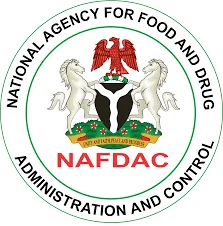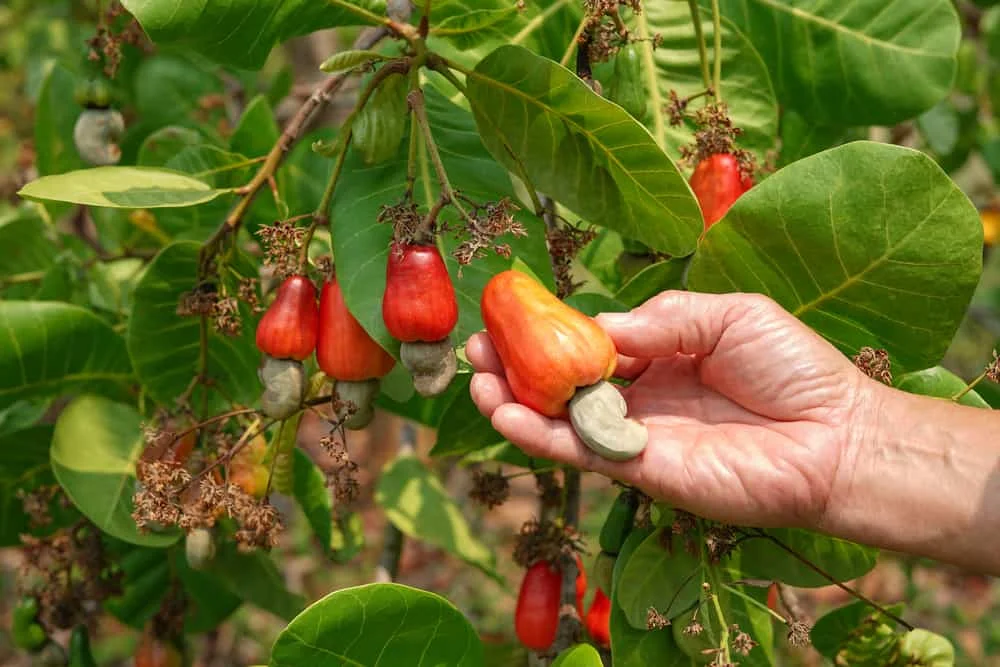The National Agency for Food and Drug Administration and Control (NAFDAC) has reiterated its dedication to regulating the production and distribution of herbal medicine products across Nigeria. This commitment was highlighted during a press conference organized by the National Association of Nigerian Traditional Medicine Practitioners (NANTMP) and the United Nations Federation of International Alternative, Scientific Tradomedical, and Religion Organizations (UNFIA), held in Kaduna.
NAFDAC’s Commitment to Quality Control
Shamsudeen Mani, NAFDAC’s North-West Zonal Director, emphasized the agency’s implementation of stringent measures to ensure quality control within the herbal medicine sector. He stated that NAFDAC is dedicated to making high-quality herbal medicines accessible to Nigerians and is actively exploring strategies for the incubation and development of these products. Mani remarked, “NAFDAC has put in place measures to facilitate and control the herbal medicine products.”
Collaborative Efforts with Traditional Medicine Practitioners
At the same conference, Dr. Shaba Maikudi, National President of NANTMP, affirmed the association’s commitment to ensuring that herbal products are both safe and effective. He highlighted the importance of adhering to established guidelines to maintain public trust and ensure the efficacy of herbal remedies.
Professor Olumuyiwa Babalola, Africa Continental Coordinator for UNFIA in Nigeria, urged traditional medicine practitioners to strictly follow NAFDAC’s stipulated guidelines in the production of herbal remedies. He emphasized the significance of integrating traditional medicine into modern healthcare systems, noting that collaboration among all stakeholders is crucial for achieving credibility and wider acceptance of herbal treatments.
Regulatory Framework for Herbal Medicines
NAFDAC has established comprehensive regulations to oversee the herbal medicine industry in Nigeria. The Herbal Medicines and Related Products Registration Regulations of 2019 mandate that all herbal products, whether manufactured locally or imported, must be registered with the agency before they can be distributed, advertised, sold, or used in the country. This regulation ensures that all herbal products meet the required safety and quality standards.
Furthermore, NAFDAC has issued detailed guidelines for the registration of herbal medicines and dietary supplements made in Nigeria. These guidelines outline the necessary documentation and processes for manufacturers to obtain approval for their products, thereby ensuring that only safe and effective herbal medicines are available to the public.
Ensuring Compliance and Public Safety
To maintain public safety, NAFDAC enforces strict compliance with its regulations. The agency has the authority to seal any premises used in connection with offenses under these regulations and can impose penalties, including fines and imprisonment, on individuals or entities that contravene the established guidelines. This stringent enforcement underscores NAFDAC’s commitment to safeguarding public health.
Challenges in the Herbal Medicine Sector
Despite these regulatory frameworks, challenges persist in the herbal medicine sector. A study assessing the compliance of herbal remedies sold in Lagos State with NAFDAC’s labeling regulations found that while some products met the mandatory labeling requirements, many failed to provide essential information such as batch numbers, manufacturing and expiration dates, and NAFDAC registration numbers. This lack of compliance poses significant risks to consumer safety and highlights the need for increased enforcement and awareness among manufacturers.
The Importance of Integrating Traditional Medicine into Modern Healthcare
Integrating traditional medicine into modern healthcare systems offers numerous benefits, including increased accessibility to treatments and the preservation of indigenous knowledge. However, this integration requires rigorous scientific validation of herbal remedies to ensure their safety and efficacy. NAFDAC’s regulatory efforts, in collaboration with organizations like NANTMP and UNFIA, aim to create a framework where traditional medicine can complement conventional healthcare, providing Nigerians with a holistic approach to health and wellness.
Conclusion
NAFDAC’s reaffirmed commitment to regulating herbal medicine production and distribution in Nigeria is a significant step toward ensuring the safety, efficacy, and quality of these products. Through collaboration with traditional medicine practitioners and strict enforcement of regulatory frameworks, the agency aims to integrate beneficial herbal treatments into the broader healthcare system, ultimately enhancing public health outcomes.












